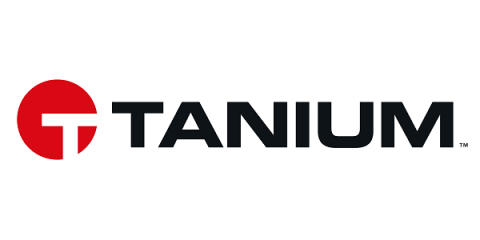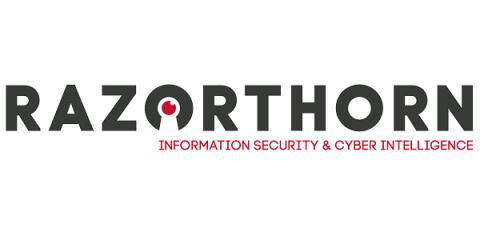Using SIEM Integrations for Robust Cybersecurity
The average cost of a cyberattack in the United States is 9.5 million. With over 60% of businesses going bankrupt after experiencing a severe data breach, robust security measures to safeguard organizations’ digital assets and operations are urgently needed. A powerful tool gaining significant traction in addressing these challenges is Security Information and Event Management (SIEM).










